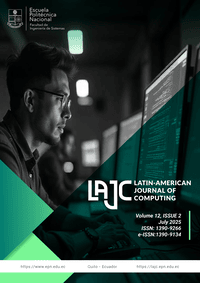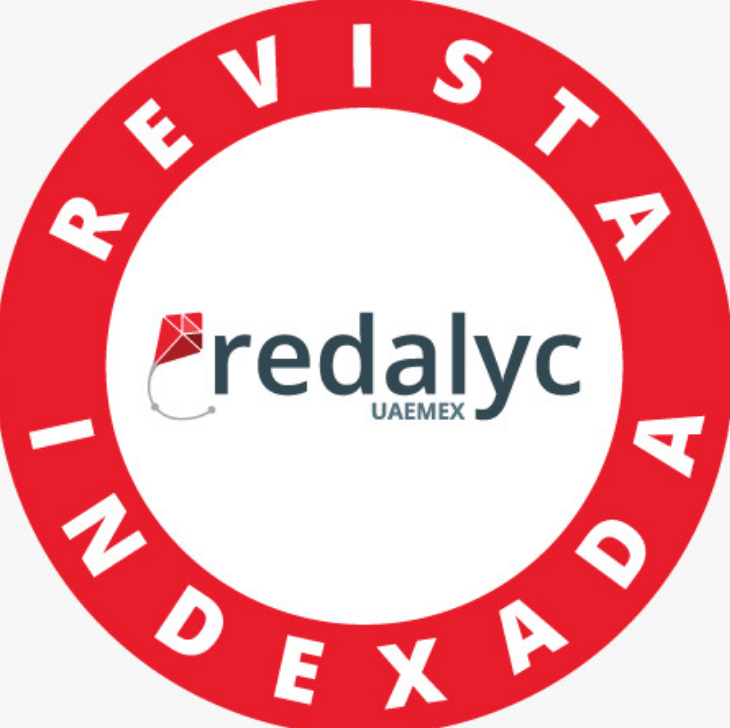A blockchain-based identity management solution for secure personal data sharing: A systematic literature review approach.
DOI:
https://doi.org/10.33333/lajc.vol12n2.08Keywords:
Blockchain technology, Identity Management, Personal Data Sharing, Decentralized Systems, SecurityAbstract
Africa’s digital transformation has amplified systemic vulnerabilities in personal data governance, particularly due to reliance on centralized identity systems ill-equipped to evolve cyber threats. For instance, the 2016 Cambridge Analytica scandal exposed not only global data misuse but also catalyzed African nations like Nigeria and Kenya to audit their electoral data practices, revealing similar risks. Centralized databases are frequently the backbone of conventional identity management systems, which unfortunately leaves them vulnerable to security violations and unwanted entry resulting in attackers taking advantage of these vulnerabilities and causing security incidents like identity theft or the exposure of confidential information. Self-Sovereign Identity (SSI) empowers individuals to take control of their personal identity and understand how their data is utilized. In this context, blockchain technology plays a pivotal role by supporting decentralized systems for identity management and access control. This literature review explores five key dimensions of blockchain-based identity and access control management, including security / privacy, scalability, interoperability, regulatory compliance, and user control through a systematic analysis of 62 African case studies and a framework synthesized from that review. The study identifies critical gaps in scalability (40% of studies) and regulatory alignment (50%), offering actionable insights for decentralized identity frameworks in emerging economies. Prior reviews lack Africa-specific insights; this SLR addresses this gap by synthesizing 62 African case studies, offering the first comprehensive analysis of blockchain-based IDMS implementations in the region.
Downloads
Published
Issue
Section
License
Copyright Notice
Authors who publish this journal agree to the following terms:
- Authors retain copyright and grant the journal right of first publication with the work simultaneously licensed under a Creative Commons Attribution-Non-Commercial-Share-Alike 4.0 International 4.0 that allows others to share the work with an acknowledgement of the work's authorship and initial publication in this journal.
- Authors are able to enter into separate, additional contractual arrangements for the non-exclusive distribution of the journal's published version of the work (e.g., post it to an institutional repository or publish it in a book), with an acknowledgement of its initial publication in this journal.
- Authors are permitted and encouraged to post their work online (e.g., in institutional repositories or on their website) prior to and during the submission process, as it can lead to productive exchanges, as well as earlier and greater citation of published work.
Disclaimer
LAJC in no event shall be liable for any direct, indirect, incidental, punitive, or consequential copyright infringement claims related to articles that have been submitted for evaluation, or published in any issue of this journal. Find out more in our Disclaimer Notice.











